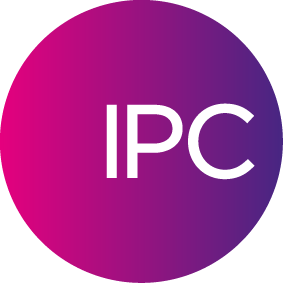It has been an exciting and busy year for us at IPC. Some milestones for us included enhancing focus on customer solutions in the areas of compliance and regulatory adherence, forming new partnerships, and expanding our product line to fit our clients’ needs. Thank you to everyone who has supported us in our continued mission to be a technology and service leader that powers financial markets globally. We look forward to doing great things next year.
Before we start looking at 2017, we wanted to take a moment to reflect on our top blog posts of 2016.
Given that the rules are not a significant variation from what is currently in place in the UK the record-keeping changes could come into place as early as January 2017. It will be interesting to see how political pressure changes the regulatory landscape as the results of the referendum continue to be felt.
Read more here.
Today’s financial firms need a communications platform that can power new workflows, accommodate compliance and security requirements, be customizable to individual preferences as well as flexible to integrate the desired innovations and applications of users throughout their enterprise. Buy-side; sell-side; front, middle and back-office users; liquidity and settlement as well as retail operations have communication needs. We discuss what is essential.
Read more here.
Robert Powell, IPC’s Director of Compliance looks at the five most significant reasons why you need to be thinking about MiFID II.
Read more here.
In Europe the difference in the retention period is removed by the rules proposed by the European Securities and Markets Authority (ESMA) under the MiFID II regulation. Under MiFID, all records, text and voice, will be required to be retained for a period of five years.
Read more here.
The top blog for 2016 was…
The Draft technical oversight issued by ESMA this past June could have a profound impact on the way that banks organise their technology. To begin with, the advice requires “Ownership” of the records management process for telephone conversations and electronic communications at a senior level. The current silos of responsibility for Networks, Market Data & Data Centres etc., may not be the optimal arrangement for achieving this.
Read more here.

